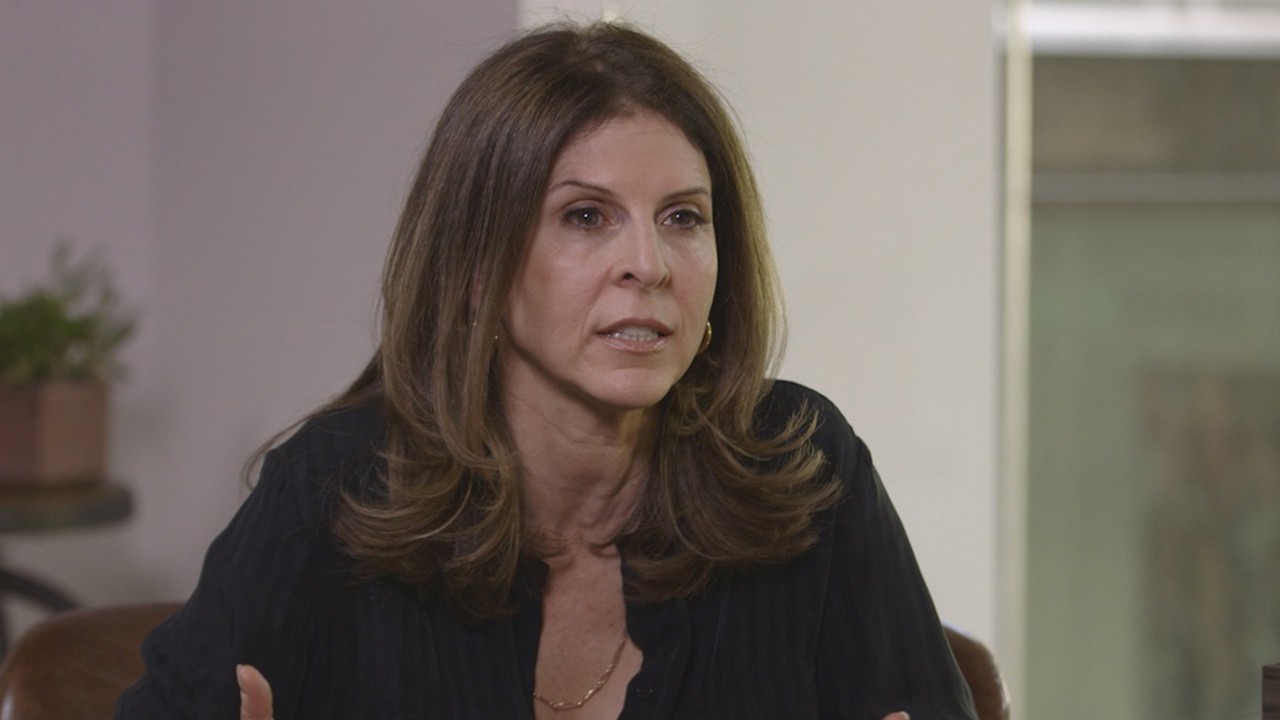Through the summer of 2011 I interned for a British Member of Parliament. Mostly, this involved answering letters from constituents incensed about the government's then-plans to sell off our forests."Thank you for your letter," I'd write, adapting text from an internal database of pre-approved responses. "We appreciate your concerns. The new proposed planning framework would mean that England's best known historic forests will be protected for future generations."
Advertisement
I'd type out 20 or 30 variants of the same letter daily and print them on cream-colored paper embossed with the House of Commons motif for my MP to sign in green ink. Public opposition to the policy was huge, and the government eventually ditched their plans.Sometimes I would get invited to drink at one of the many low-cost bars that dot the Parliamentary estate. It was a welcome respite from the monotony.I'd gulp cheap wine in the Stranger's Bar while an MP told me about how he liked to play rugby to keep in shape. I was extremely stupid back then, so this did not seem like an inappropriate thing for a married middle-aged man to tell me repeatedly.
Once I was invited to after-work drinks in a neighboring office in the winding corridors of Portcullis House, which houses MPs and their support staff.Potato chips were laid out in a bowl; the wine was warm and acidic. A junior female employee sat down on a worn-out old sofa beside her MP. "Wow, this sofa is squishy!" she laughed."I've got something hard you can sit on," he replied.It's feels weird writing this now, what with me being a feminist journalist and all, but this didn't feel like a big deal. I knew what feminism was, obviously, because I'd studied it in textbooks. But the idea of applying feminism to my everyday life seemed laughable: a historical affectation, like using the word "prithee" or wearing a corset to work.Read more: Two-Thirds of Young Women Are Sexually Harassed at Work
Advertisement
It wasn't weird that some old guy kept telling me what great shape he was in. It wasn't weird that someone's boss made a joke about having a boner in front of me. None of this was weird. This was normal. Besides, I was too busy writing letters about forests and NHS car park costs in the hope of getting an entry-level politics job to think too hard about anything.
We are in the middle of a sea-change in how we view sexual assault and harassment. Many powerful men have been revealed as alleged serial abusers and predators; public masturbators and rapists; or even just creeps. Many more will be outed in the weeks and months to come and we'll still barely scratch the surface, because there are many abusers out there—and some of them may get away with what they've done. Still, any progress is better than none.The earthquake that begun with the Weinstein allegations is now registering similar shocks in other industries, including film, art, and politics. In Westminster, women have shared their experiences of being harassed and assaulted by MPs and even government ministers. The Sun has just published a redacted list that was initially circulated online and included allegations of abuse and sexual harassment against multiple Conservative MPs.International Trade Minister Mark Garnier has since admitted asking a female staffer to buy him sex toys and calling her"sugar tits." On Tuesday, party activist Bex Bailey told the BBC that she was raped at a Labour event in 2011, and discouraged from reporting it by a senior official. On Wednesday, journalist Kate Maltby accused senior government minister Damian Green of inappropriate behavior (he has denied the allegations).
Advertisement
Just last night, an unnamed Conservative Party aide told the Evening Standard she went to the police in March over fears that she had been spiked with a date-rape drug in a House of Commons bar. A second woman also told the newspaper that she had been sexually assaulted by her MP boss, and the Commons authorities told her there was "nothing they could do."
Watch: Amy Ziering On Campus Rape and Why No One Believes Women
Defence Secretary Michael Fallon also resigned last night after admitting to feeling a journalist's knee in 2002. Inquiries have been set up to investigate specific claims of abuse, and British prime minister Theresa May has since pledged to create new protections to protect political staffers.But what is it really like being a woman working in UK politics? Three former Westminster staffers share their stories below. Their names have been changed to protect their identities.One MP (who is currently still serving) was just very forward with my friend and I when we were leaving an event, and kept following us and insisting we come to a party with him despite us saying, "No, we're going for dinner." You know when someone's just being a right creep?I've heard about multiple stories of assaults from friends and friends-of-friends. It's such an inherent problem that everyone knows is happening, but researchers can't speak out as it's such as a small bubble and they'll lose their careers. As a researcher, you can't speak out because if you do, you'll be seen as a troublemaker, then other MPs won't want to hire you.
Watch: Amy Ziering On Campus Rape and Why No One Believes Women

Defence Secretary Michael Fallon also resigned last night after admitting to feeling a journalist's knee in 2002. Inquiries have been set up to investigate specific claims of abuse, and British prime minister Theresa May has since pledged to create new protections to protect political staffers.But what is it really like being a woman working in UK politics? Three former Westminster staffers share their stories below. Their names have been changed to protect their identities.
Lucy, former researcher
Advertisement
